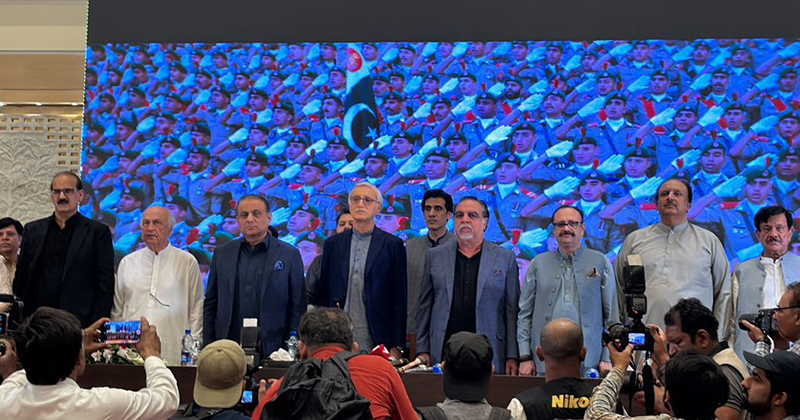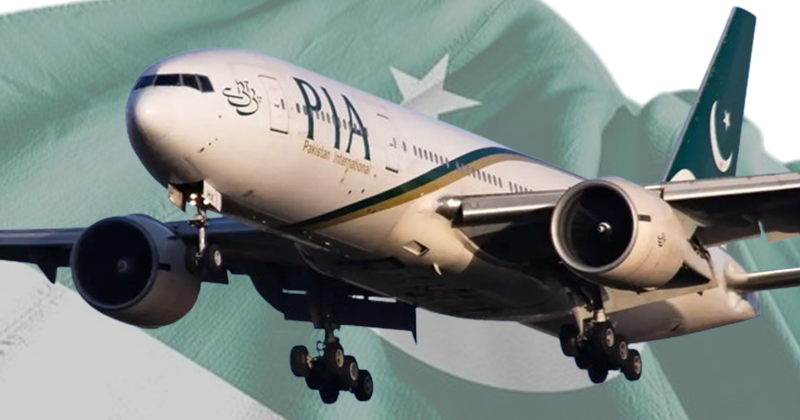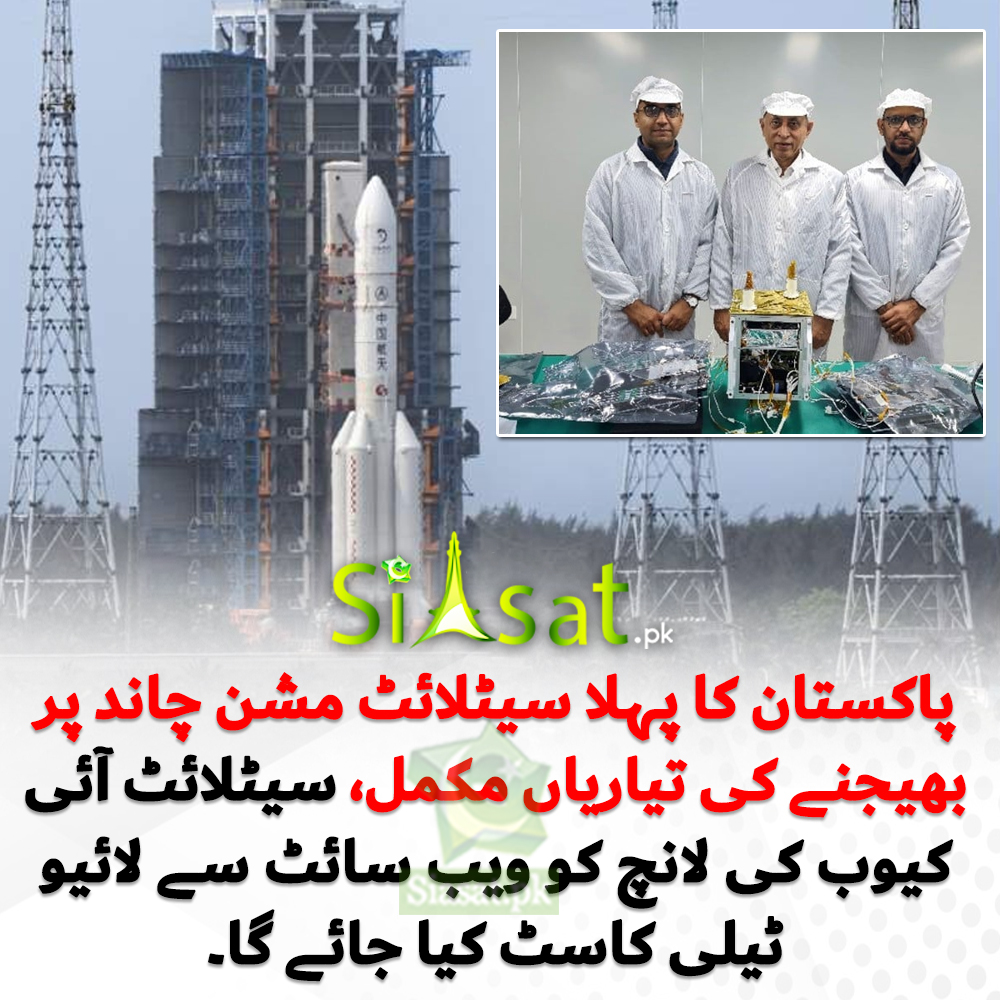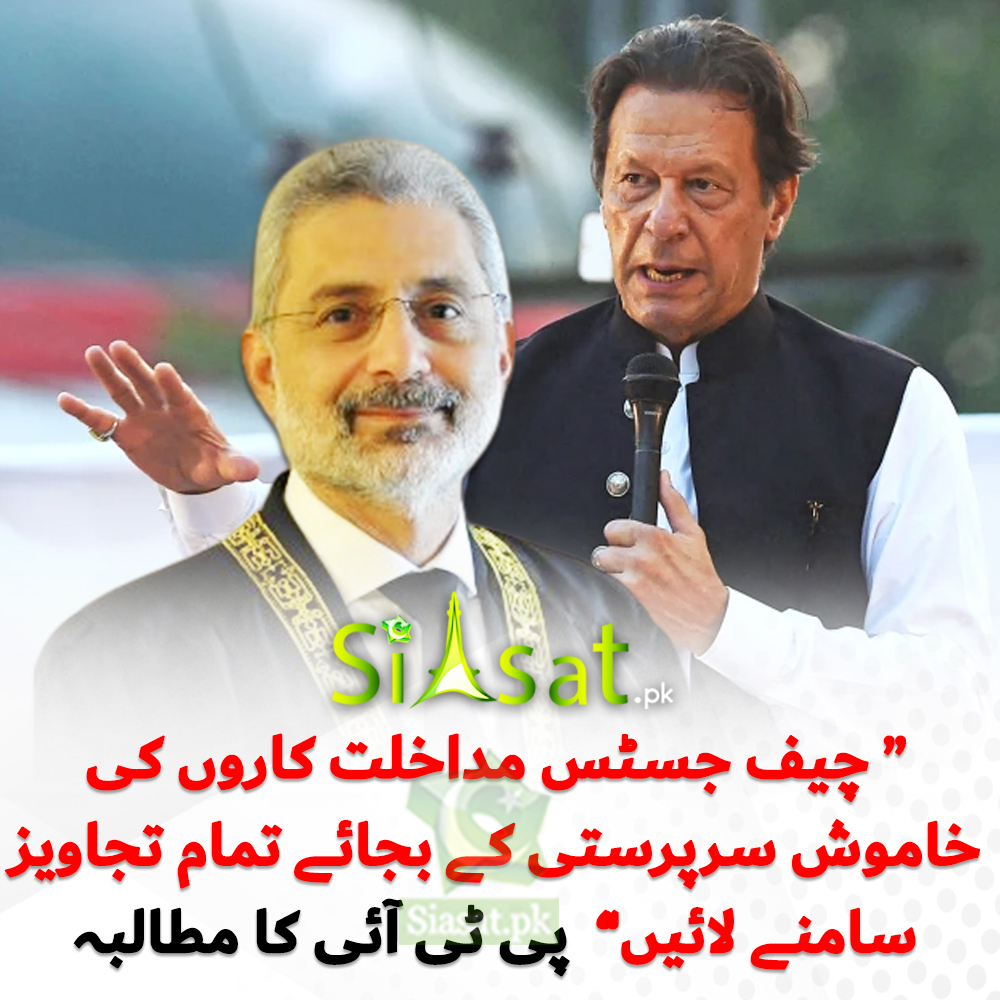Pravin Sawhney, editor of the FORCE newsmagazine, has shared his views on the latest escalation between Indian and Pakistan, analysing if the airstrikes, the first such exchange since the 1971 war, has affected deterrence between India and Pakistan, and what the reported downing of an F-16 by a MiG-21 means for India-Russia relations.
New Delhi — In retaliation to the Jaish-e-Mohammed terrorist attack in Pulwama, Jammu and Kashmir, on February 14, which led to the deaths of 44 soldiers of India's paramilitary, the Indian Air Force (IAF) launched strikes on February 26 against apparent terror camps in Pakistan.

Following the operation, India said that it carried out an "intelligence-led, non-military strike avoiding civilian casualties which killed a large number of terrorists, their handlers and supporters". Pakistan admitted the Indian air strike but denied any casualties.
The next day, the Pakistan Air Force (PAF) responded with full force. 24 aircraft, a combination of F-16, JF-17 and Mirage-5 warplanes, breached Indian airspace and a dogfight ensued, which resulted in the capture of an Indian pilot, who ejected from his downed MiG-21 inside Pakistan-administered Kashmir.
India said that the PAF had indulged in military aggression, which was an act of war since it attempted to hit the Indian Army's installations close to the border. But, India did not up the ante further. Further, India claimed that the captured pilot had destroyed the enemy's F-16 before his own aircraft was downed.
Two questions arise: Have the airstrikes (the first such exchange since the 1971 war) affected deterrence, and the nuclear threshold between India and Pakistan? What does the reported downing of an F-16 by a MiG-21 mean for India-Russia relations?
The PAF counter strikes were meant to maintain the credibility of its air power and disallow the shrinking of conventional warfighting space. In technology-driven modern warfare, the air force, and not the army, would have primacy for desirable war outcomes. The core competencies of air power comprising its enormous reach, unmatched flexibility, information superiority, precision engagements, and air and space superiority are not available to land forces.
A dent in the PAF's credibility would have signalled that Pakistan might be willing to use its nukes early in a war. Despite its ambiguous nuclear use policy and declared full-spectrum capability, Pakistan, given its elongated geography and too many high-profile assets close to the border, would desist from an early use of nuclear weapons in war. Nukes are not central to Pakistan's war-fighting. In order to maintain this posture, Pakistan has to ensure parity at the operational level of conventional war. This was the purpose of the PAF's strikes in the daytime.
The daring PAF strikes also meant that Pakistan was politically and militarily prepared for an escalation, and Pakistan was not deterred by India's military power. By exposing the IAF without credible escalatory capabilities, India appeared to have compromised its conventional deterrence, and dented credibility of its air power. This should require urgent amends, as, without respectable kinetic power, Pakistan's proxy war into Kashmir would get an added boost. Moreover, talks of India's ability to punish cross-border terror by more and regular strikes will not be possible unless India is prepared for war.
It is known that the IAF has major capacity shortages, the most important being its dwindling combat squadrons. When asked why during the recent air spat with Pakistan, India used its MiG-21 of the sixties against F-16, the air force chief, Air Chief Marshal B.S. Dhanoa gave an interesting response. He commended MiG-21 saying that upgraded weapons and avionics have made the 3rd-generation aircraft into 3.5 generation fighter. He added that the IAF would fight with the mix of aircraft it has.
Meanwhile, when Russian President Vladimir Putin called Prime Minister Narendra Modi on 28 February, the day after the Pakistani air attack, he expressed his condolences for the Pulwama dead, offered to jointly fight international terrorism, and interestingly, discussed bilateral military-technical issues. The latter might have been discussed in the context of Modi laying the foundation stone for the Indo-Russian joint-venture for AK-203 rifle production in India three days later, yet the urgent need to boost IAF's combat strength would likely have been discussed. Russia has fielded two twin-engine — MiG-35 and Su-35 — fighters for the IAF's 114 aircraft requirement.
It is possible that the next government in India (to be formed after the forthcoming general elections) might take the quicker and more transparent government-to-government approach to fill the IAF's operational vulnerability. Here, Russia would likely score over its rivals since its equipment would be comparatively inexpensive; it would be willing to share more technology than others; commonality of equipment would help logistics management; negotiations would be quicker since Russia is a one-window shop, and Russia has traditionally been seen as a trusted friend. The last issue is important for the Indian military which would not like to be constrained or starved of spares and product support in a war with Pakistan.
This is where doubts have crept in certain quarters of the Indian bureaucracy. Russia's growing ties, including defence relations, with Pakistan have been evident since some time. During this crisis, Russia for the first time, offered itself as the mediator for peace between India and Pakistan. This was music to Pakistan's ears.
For India, which makes a distinction between outside mediation in case of India-Pakistan crisis and for long term peace (settlement of the Kashmir issue), Moscow's pronouncement by foreign minister Sergey Lavrov was uncalled for. While India understands the convergence of Russian and Chinese views for geopolitical gains, it would not like Russia to do what the Soviet Union never did.
The views and opinions expressed in this article are those of the speaker and do not reflect the official position of Sputnik.

 sputniknews.com
sputniknews.com
New Delhi — In retaliation to the Jaish-e-Mohammed terrorist attack in Pulwama, Jammu and Kashmir, on February 14, which led to the deaths of 44 soldiers of India's paramilitary, the Indian Air Force (IAF) launched strikes on February 26 against apparent terror camps in Pakistan.

Following the operation, India said that it carried out an "intelligence-led, non-military strike avoiding civilian casualties which killed a large number of terrorists, their handlers and supporters". Pakistan admitted the Indian air strike but denied any casualties.
The next day, the Pakistan Air Force (PAF) responded with full force. 24 aircraft, a combination of F-16, JF-17 and Mirage-5 warplanes, breached Indian airspace and a dogfight ensued, which resulted in the capture of an Indian pilot, who ejected from his downed MiG-21 inside Pakistan-administered Kashmir.
India said that the PAF had indulged in military aggression, which was an act of war since it attempted to hit the Indian Army's installations close to the border. But, India did not up the ante further. Further, India claimed that the captured pilot had destroyed the enemy's F-16 before his own aircraft was downed.
Two questions arise: Have the airstrikes (the first such exchange since the 1971 war) affected deterrence, and the nuclear threshold between India and Pakistan? What does the reported downing of an F-16 by a MiG-21 mean for India-Russia relations?
The PAF counter strikes were meant to maintain the credibility of its air power and disallow the shrinking of conventional warfighting space. In technology-driven modern warfare, the air force, and not the army, would have primacy for desirable war outcomes. The core competencies of air power comprising its enormous reach, unmatched flexibility, information superiority, precision engagements, and air and space superiority are not available to land forces.
A dent in the PAF's credibility would have signalled that Pakistan might be willing to use its nukes early in a war. Despite its ambiguous nuclear use policy and declared full-spectrum capability, Pakistan, given its elongated geography and too many high-profile assets close to the border, would desist from an early use of nuclear weapons in war. Nukes are not central to Pakistan's war-fighting. In order to maintain this posture, Pakistan has to ensure parity at the operational level of conventional war. This was the purpose of the PAF's strikes in the daytime.
The daring PAF strikes also meant that Pakistan was politically and militarily prepared for an escalation, and Pakistan was not deterred by India's military power. By exposing the IAF without credible escalatory capabilities, India appeared to have compromised its conventional deterrence, and dented credibility of its air power. This should require urgent amends, as, without respectable kinetic power, Pakistan's proxy war into Kashmir would get an added boost. Moreover, talks of India's ability to punish cross-border terror by more and regular strikes will not be possible unless India is prepared for war.
It is known that the IAF has major capacity shortages, the most important being its dwindling combat squadrons. When asked why during the recent air spat with Pakistan, India used its MiG-21 of the sixties against F-16, the air force chief, Air Chief Marshal B.S. Dhanoa gave an interesting response. He commended MiG-21 saying that upgraded weapons and avionics have made the 3rd-generation aircraft into 3.5 generation fighter. He added that the IAF would fight with the mix of aircraft it has.
Meanwhile, when Russian President Vladimir Putin called Prime Minister Narendra Modi on 28 February, the day after the Pakistani air attack, he expressed his condolences for the Pulwama dead, offered to jointly fight international terrorism, and interestingly, discussed bilateral military-technical issues. The latter might have been discussed in the context of Modi laying the foundation stone for the Indo-Russian joint-venture for AK-203 rifle production in India three days later, yet the urgent need to boost IAF's combat strength would likely have been discussed. Russia has fielded two twin-engine — MiG-35 and Su-35 — fighters for the IAF's 114 aircraft requirement.
It is possible that the next government in India (to be formed after the forthcoming general elections) might take the quicker and more transparent government-to-government approach to fill the IAF's operational vulnerability. Here, Russia would likely score over its rivals since its equipment would be comparatively inexpensive; it would be willing to share more technology than others; commonality of equipment would help logistics management; negotiations would be quicker since Russia is a one-window shop, and Russia has traditionally been seen as a trusted friend. The last issue is important for the Indian military which would not like to be constrained or starved of spares and product support in a war with Pakistan.
This is where doubts have crept in certain quarters of the Indian bureaucracy. Russia's growing ties, including defence relations, with Pakistan have been evident since some time. During this crisis, Russia for the first time, offered itself as the mediator for peace between India and Pakistan. This was music to Pakistan's ears.
For India, which makes a distinction between outside mediation in case of India-Pakistan crisis and for long term peace (settlement of the Kashmir issue), Moscow's pronouncement by foreign minister Sergey Lavrov was uncalled for. While India understands the convergence of Russian and Chinese views for geopolitical gains, it would not like Russia to do what the Soviet Union never did.
The views and opinions expressed in this article are those of the speaker and do not reflect the official position of Sputnik.

Aerial Clash With Pakistan Has Exposed Chinks in India's Armour - Editor
Pravin Sawhney, editor of the FORCE newsmagazine, has shared his views on the latest escalation between Indian and Pakistan, analysing if the airstrikes, the first such exchange since the 1971 war, has affected deterrence between India and Pakistan, and what the reported downing of an F-16 by a...
 sputniknews.com
sputniknews.com





























